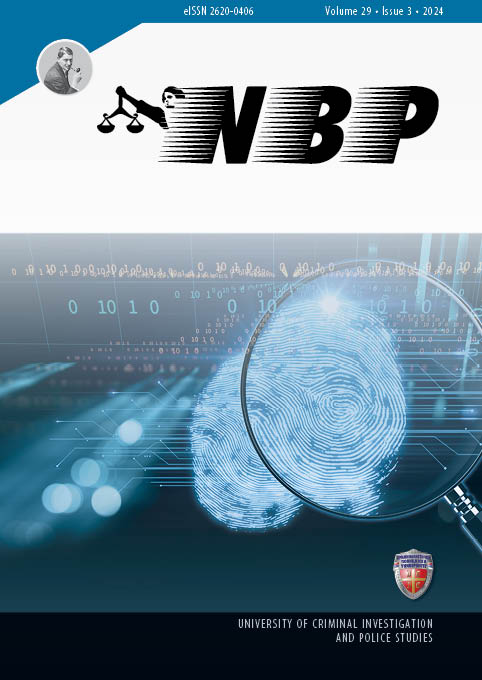Author(s): Author Not Specified / Language(s): Romanian
Issue: 4/2023
Capătul de cerere prin care s-a solicitat să se constate că activitatea desfășurată de reclamant în perioada 01.12.1990-01.04.2001 se încadrează în grupa I de muncă în procent de 100%, este inadmisibil. În concret, potrivit art. 35 C. proc.civ., cel care are interes poate să ceară constatarea existenței sau inexistenței unui drept; cererea nu poate fi primită dacă partea poate cere realizarea dreptului pe orice altă cale prevăzută de lege. De asemenea, Curtea are în vedere Decizia nr. 9/2016 a Î.C.C.J. (R.I.L.) în sensul că instanțele de judecată au posibilitatea analizării și constatării pe cale judiciară, ulterior abrogării acestui act normativ, a încadrării muncii prestate în perioada 18 martie 1969 - 1 aprilie 2001, după caz, în grupele I sau II de muncă. Pe de altă parte însă, din considerentele deciziei în interesul legii menționate anterior, rezulta că obiectul principal al sesizării a vizat posibilitatea instanței de a se substitui angajatorului și a dispune retroactiv, ca unui salariat să i se recunoască activitatea desfășurată ca fiind încadrată în grupa superioară de muncă. Astfel, situația premisă a fost cea în care angajatorul nu a efectuat demersuri în aplicarea Ordinului nr. 50/1990 (a omis sau a apreciat că salariatul nu lucrează în astfel de condiții), iar nu situația în care angajatorul a efectuat procedura în baza ordinului dar, din diverse motive, a apreciat că titularul dreptului individual pretins nu se încadrează sau l-a încadrat într-o altă grupă și salariatul contestă încadrarea (împrejurare arătată expres la pct. 39 din considerentele deciziei). Or, în cauză, angajatorul a urmat procedura stabilită prin Ordinul nr. 50/1990, iar apelantul a fost încadrat în grupa I de muncă, nemulțumirea sa vizând, de fapt, procentul stabilit de intimată. În fapt, întrucât procedura în discuție a fost urmată, iar apelantul a fost încadrat în grupa I de muncă, orice nemulțumire legată de această încadrare ar fi putut fi soluționată pe calea contestării acelei încadrări, deci apelantul avea deschisă calea unei acțiuni în realizare (conflict de muncă), nefiind încălcat astfel accesul său la justiție. Pe cale de consecință, având în vedere caracterul subsidiar al acțiunii în constatare potrivit art.35 C. proc.civ., Curtea apreciază că excepția inadmisibilității cererii de constatare a încadrării activității desfășurate de apelant în grupa I de muncă în procent de 100%, pentru perioada 01.12.1990-01.04.2001, este fondată.
More...
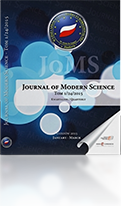

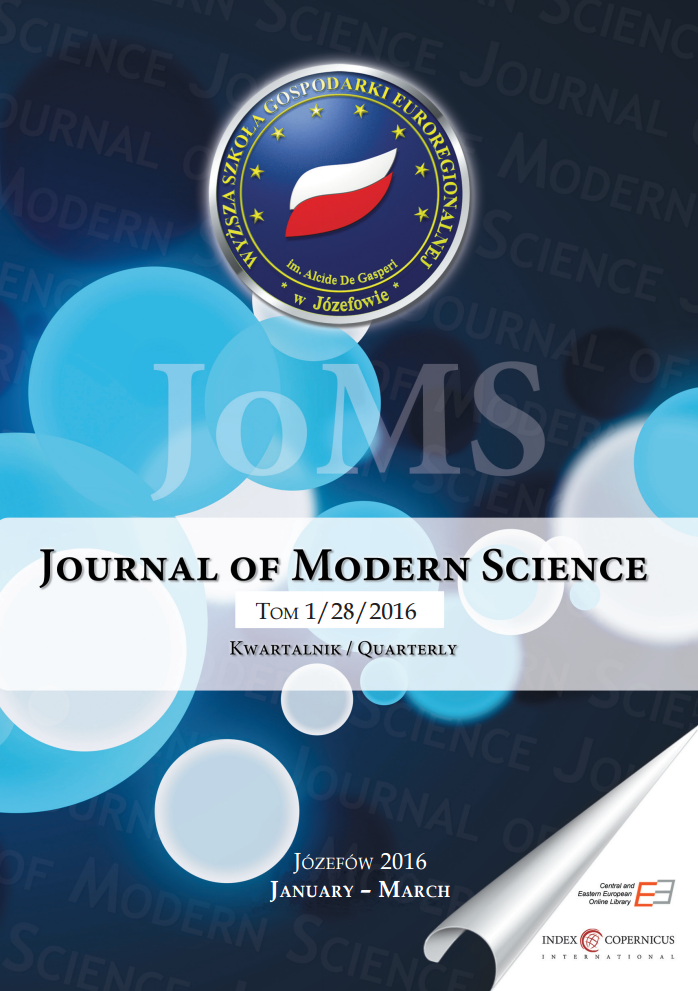
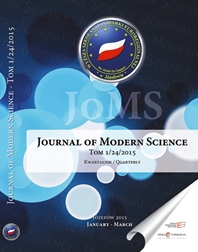
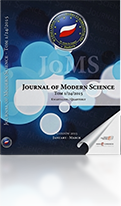
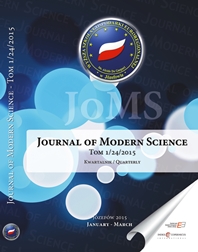
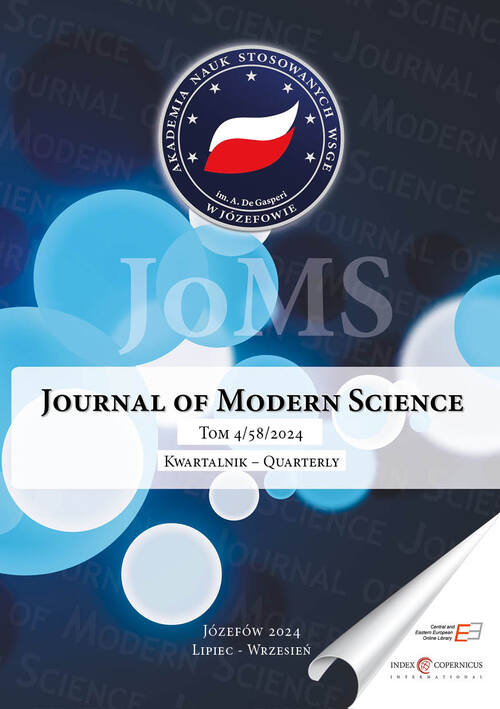
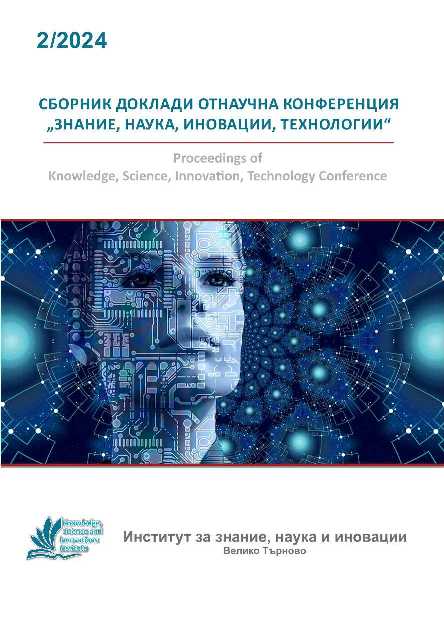
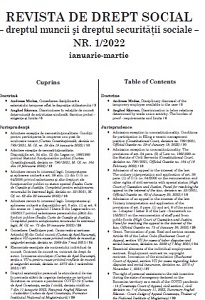
![Janicki, J. (2023). Estetyka jako źródło refleksji nad prawem. Kraków: UNIVERSITAS [recenzja]](/api/image/getissuecoverimage?id=picture_2024_84751.png)
